
We're thrilled to share the results of our V-March (vegan in March) 2025 campaign!
The numbers speak for themselves:
- Reached over 7 million people across China
- More than 70,000 active engagements through comments and shares
- 600+ daily check-ins via our WeChat Mini Program
- 341 Sogdian Trees planted (reclaiming approximately 3410㎡ of desert)
- 3410.12 RMB donated to the Alashan SEE Ecology Association

Our survey reveals a powerful impact:
- Over 80% of participants plan to continue following a plant-based diet!
- Over 70% reported noticeable health improvements
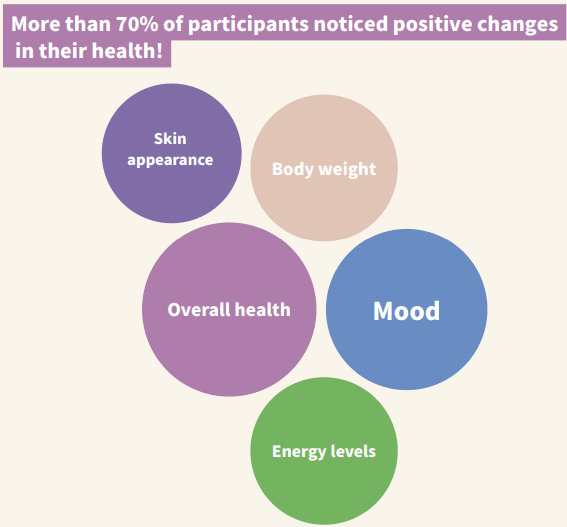
- 67% plan to reduce meat intake by 40-80%
- 58% stayed fully plant-based throughout the campaign
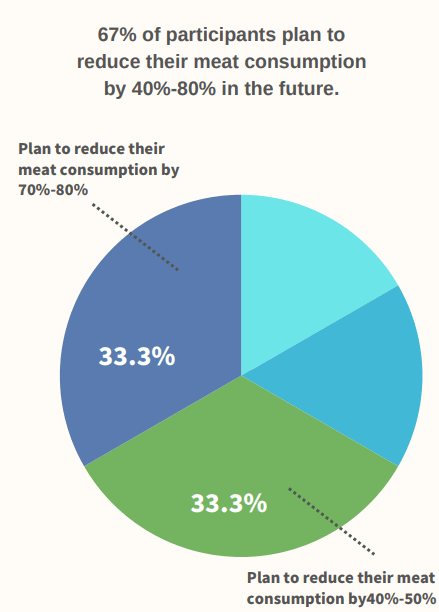
What motivated people most?
- 23% cited health benefits as their primary motivation
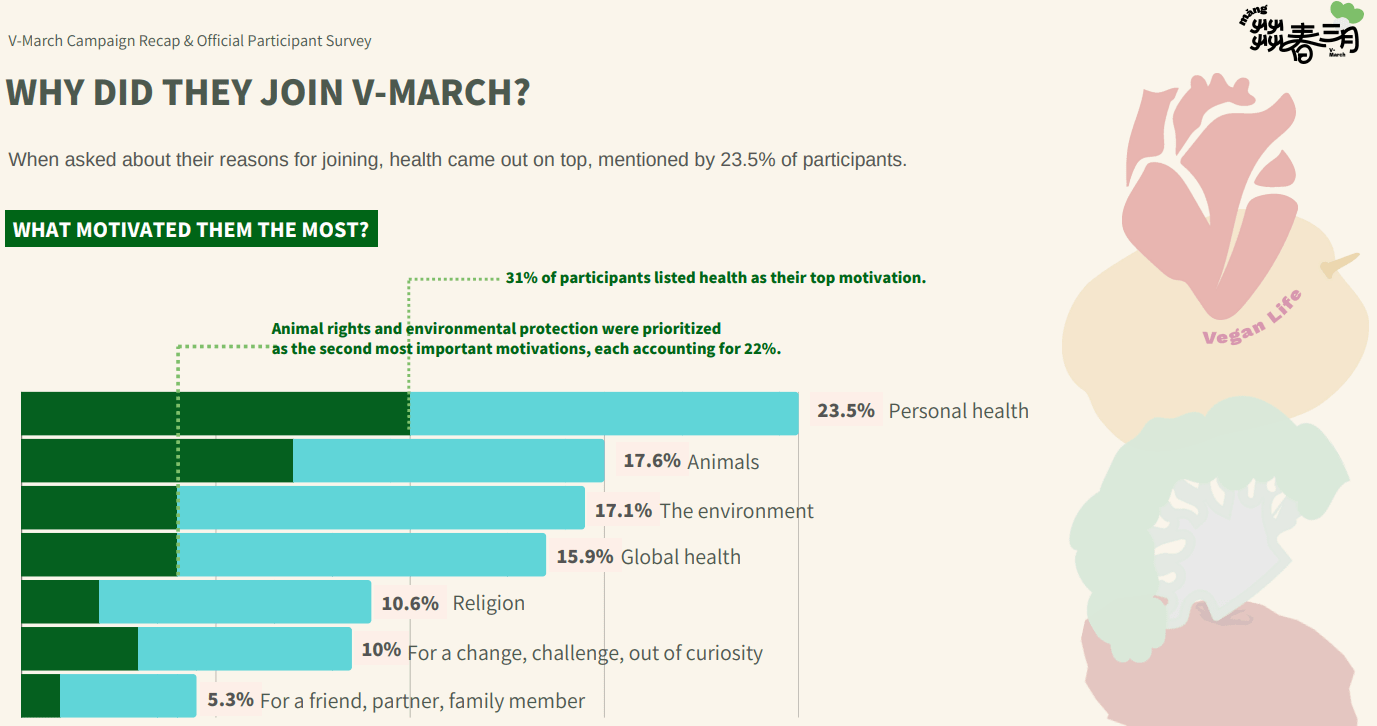
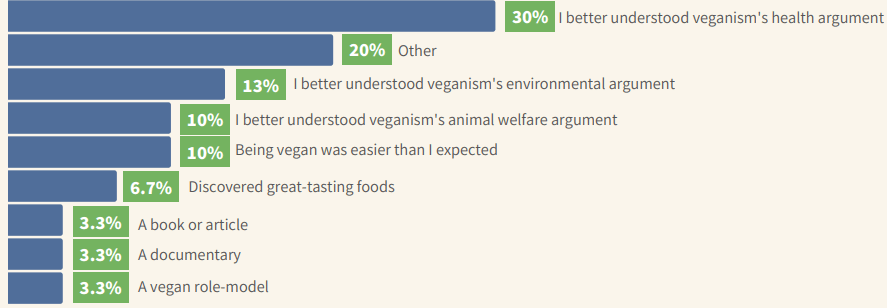
- Our participants were 77% female, 18% male, and 5% identifying as non-binary or preferred not to say
- A wide range of age groups participated, with 30% aged 24-30
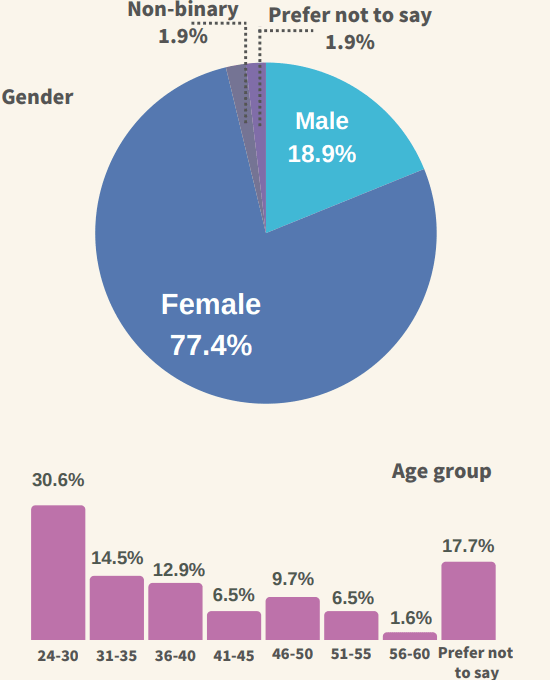
The most significant challenges?
- 40% found eating out to be the biggest challenge
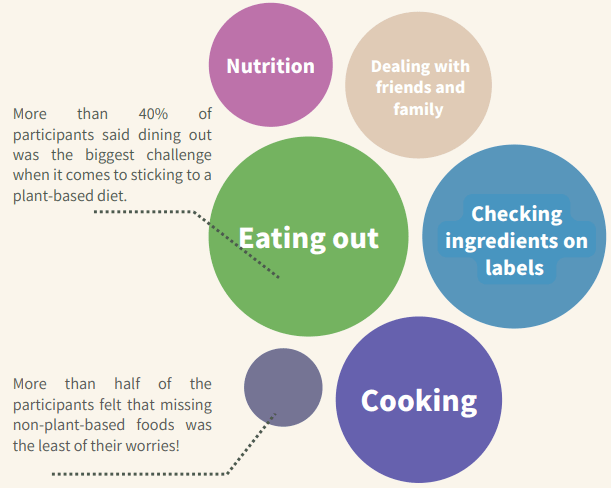
- Interestingly, over half said missing non-vegan food was their least difficult aspect!
62.1% of the participants gave a maximal score to their need for vegan labeling.
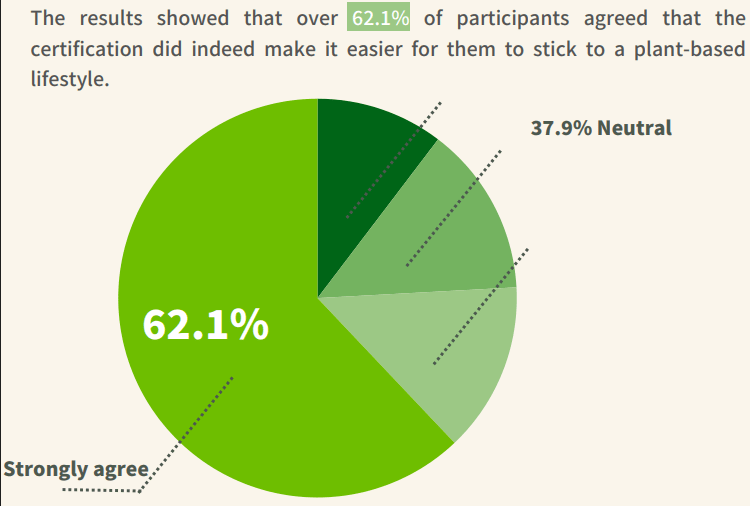
A special thank you to our 70+ collaborating restaurants, shops, and brands, to our media and communications manager Nina Manukian, to Faunalytics, and of course to Veganuary for their inspiration and global leadership in promoting plant-based lifestyles!
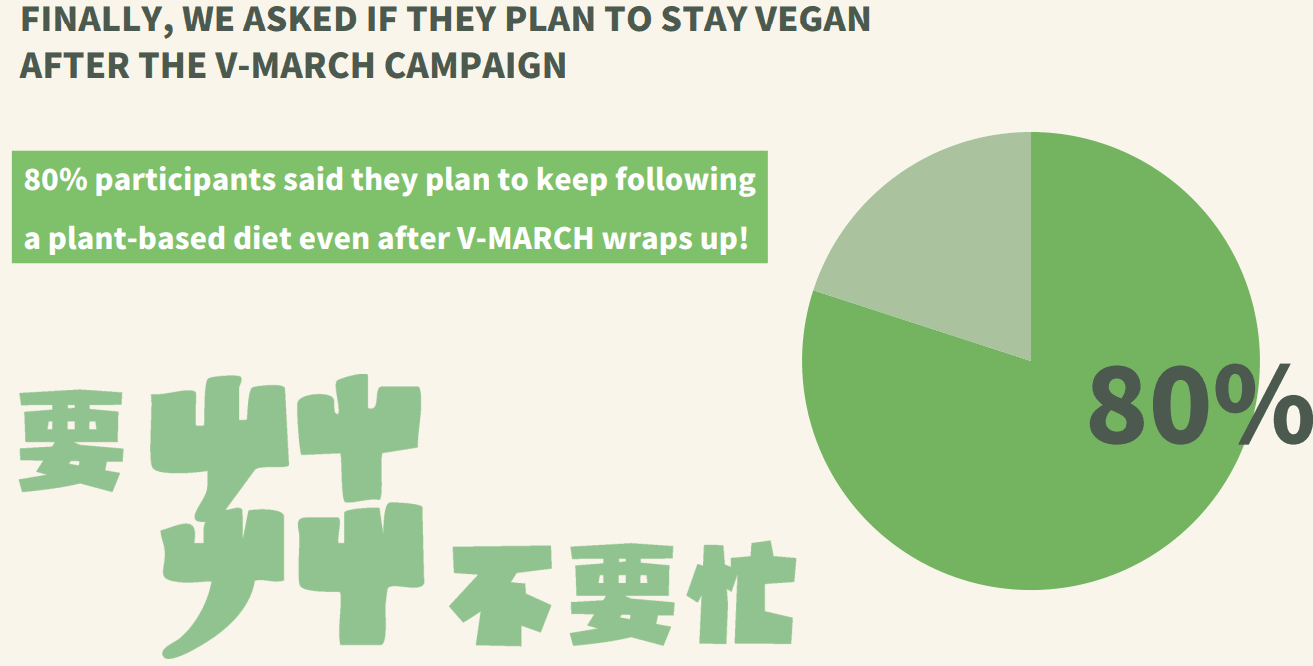

Thanks for the response Rakefet!
Can I ask how many responses to the survey you got? That is still unclear to me and seems like one of the most important numbers for determining impact, and I dont have a good sense on how seriously to take any of these numbers without it.
I'm not sure about the effectiveness of lumping in climate change. I agree addressing it is important, but many issues are important - why not also donate to Against Malaria Foundation? Climate change is different in that people do associate it with diet more strongly, and I think that anything that leads to less animal suffering is good, regardless of the reasons people make that choice, but I worry about things like people choosing to eat fish instead of cows. I'm also not convinced that the org selected is most efficient in terms of actually taking carbon out of the atmosphere in comparison to lobbying efforts or something.
I'm not an expert, so I may be well wrong, but I think an org thats primarily concerned with impact would make different decisions to those made here. If they are, I'd be interested to hear the rationale or theory of change. If they're not, then I don't think that these numbers actually speak for themselves as claimed, and there's still lots we don't know, and it raises my belief that people looking to fund opportunities in this area would find higher impact orgs elsewhere.
You're under no obligation to respond to this rather pointed line of questioning/comments, but I thought it was important that I express these doubts. I do sincerely hope that this runs again in the future and the results are shared again.